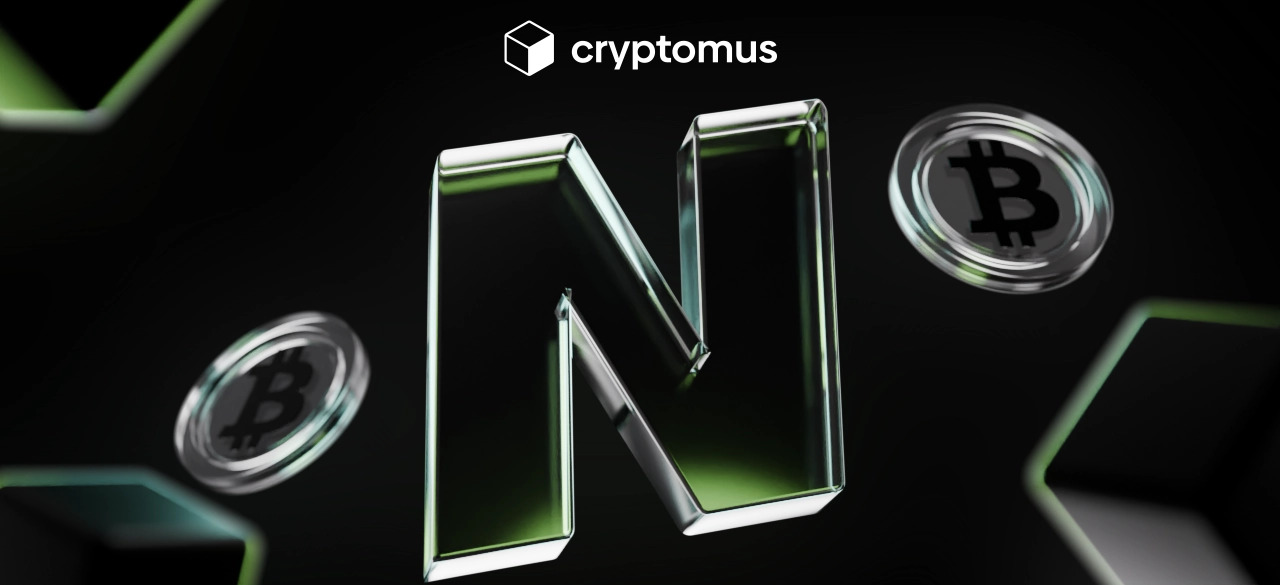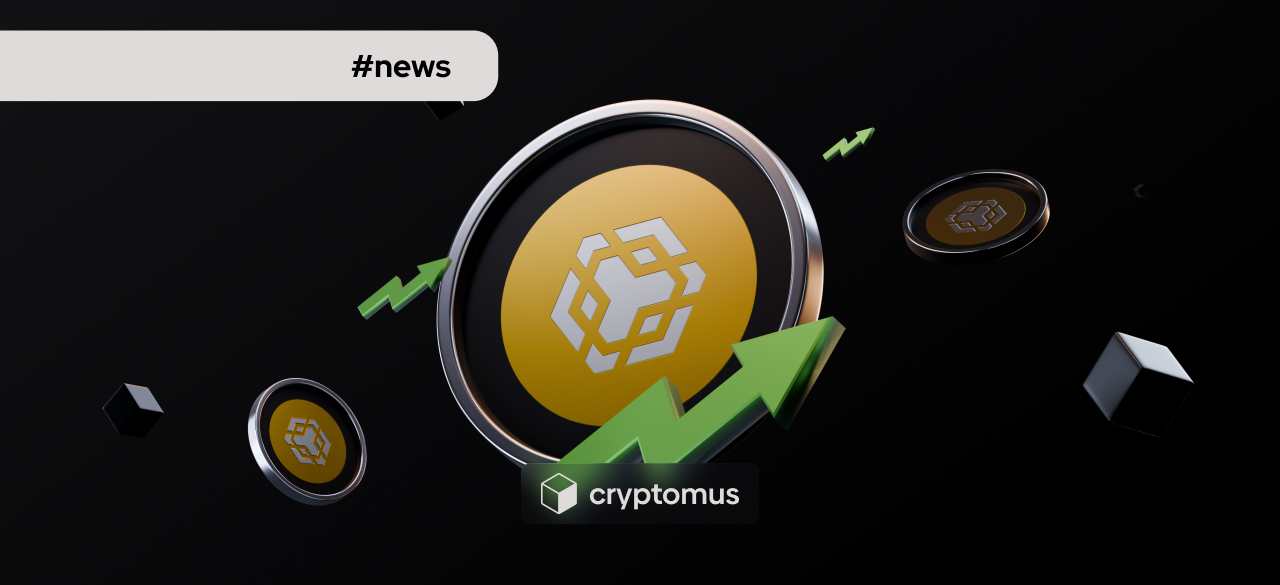
Is Litecoin A Good Investment In February 2026?
Table of Contents
Investing in cryptocurrency always carries some degree of risk and uncertainty. We often ask ourselves: What is the ultimately perfect choice? And while nobody will ever have the definitive answer to that question, we suggest you take a closer look at Litecoin’s potential as an investment. Who knows, maybe we’ll help you make that important decision.
Litecoin As An Investment
Litecoin, often referred to as the "silver to Bitcoin's gold", is a cryptocurrency that has been around since 2011 and was created to offer faster and more cost-effective transactions compared to Bitcoin. It operates on a similar blockchain structure but differentiates itself through a quicker block generation time (2.5 minutes versus Bitcoin’s 10 minutes) and a unique hashing algorithm (Scrypt), which makes mining more accessible. This speedier transaction process and lower fees have positioned Litecoin as a viable option for everyday transactions and smaller-scale exchanges, appealing to users looking for a balance between efficiency and security.
As an investment, Litecoin has shown resilience over time, consistently ranking among the top cryptocurrencies by market capitalization. Its adoption by merchants and integration into payment processes have bolstered its use case, which is important for long-term viability. However, like most cryptocurrencies, it is subject to high volatility, influenced by overall market trends, regulatory changes, and investor sentiment. While it can offer potential growth as part of a diversified crypto portfolio, investors should weigh the inherent risks and stay informed about broader market dynamics and Litecoin's development roadmap to make educated investment decisions.
By mid-February 2026, Litecoin is trading around $50, reflecting low momentum. This is due to uncertainty in the market as a whole, subdued Bitcoin dynamics, and declining interest in some altcoins. According to analysts, the rest of February will see LTC experience unstable price movements with only the possibility of short-term rebounds.
Should I Buy Litecoin Now?
Given the weak momentum, buying Litecoin now is not the best decision. If we look at the technical indicators, the RSI is close to neutral, the MACD is not showing any bullish signals, and the price is near key moving averages. Price action may remain range-bound near key support levels, with short-term relief possible if Bitcoin steadies and risk sentiment improves. However, sustained upward momentum is unlikely without renewed buying interest, making consolidation or modest bounces the most probable scenario in the near term.
Check this article if you want to learn more profound predictions on LTC’s price.

Is Litecoin Good As A Long-Term Investment?
Litecoin is often regarded as a stable and reliable digital asset due to its long-standing presence in the market. Over the years, Litecoin has proven its resilience by consistently maintaining a position among the top cryptocurrencies. This speaks to its credibility and widespread adoption, making it a noteworthy option for investors.
For long-term investment purposes, Litecoin can be a viable option for those seeking a well-established and proven cryptocurrency. While it may not have the meteoric growth potential of some emerging altcoins, its stability, liquidity, and continuous development could provide more moderate gains over time. As always, prospective investors should carefully evaluate their risk tolerance, consider market trends, and balance Litecoin within a diversified investment strategy to mitigate potential losses.
When Should You Sell Your LTC?
Determining the optimal time to sell your Litecoin involves a careful combination of market analysis, personal financial goals, and your own risk tolerance. Here are some key considerations to guide your decision-making process:
- Market Analysis:
-
Technical Indicators: It is essential to monitor price charts and various indicators such as moving averages, the Relative Strength Index (RSI), and support/resistance levels to identify potential sell signals. For instance, if LTC's price approaches a historical resistance level or if the RSI indicates overbought conditions, it might suggest a favorable selling opportunity. Keeping an eye on these factors can help you make more informed decisions about when to exit your position.
-
Fundamental Points: Staying informed about developments that affect Litecoin is crucial. This includes technological upgrades, regulatory changes, and adoption rates. Positive news can drive prices up, while negative events may prompt declines. For example, if a major company announces that it will start accepting Litecoin as a payment method, this could lead to a price increase. Conversely, regulatory crackdowns can negatively impact the market.
- Personal Financial Objectives:
-
Profit Targets: Establishing clear profit goals is vital for any investor. For example, if you aim for a 20% return on your investment, plan to sell once that target is reached. Setting these targets helps you avoid emotional decision-making and keeps your investment strategy focused.
-
Risk Management: Implementing stop-loss orders is another effective strategy to limit potential losses. This approach automatically sells your LTC if the price drops to a predetermined level, protecting your investment from significant downturns. By using stop-loss orders, you can safeguard your capital and reduce the stress associated with market fluctuations.
- Market Sentiment and External Factors:
-
News and Events: Major events, such as regulatory announcements or macroeconomic shifts, can significantly impact the cryptocurrency market. Monitoring these developments can help you anticipate price movements. For instance, a positive regulatory announcement could lead to a surge in prices, while negative news could trigger a sell-off.
-
Market Trends: Assessing the broader crypto market trends is also essential. If the market is experiencing a prolonged downturn, it might influence your decision to sell. Understanding the overall market sentiment can provide context for your investment choices.
Remember, the cryptocurrency market is highly volatile. Regularly reviewing your investment strategy and staying informed about market conditions are crucial practices to invest effectively. By being proactive and aware of the factors that influence Litecoin's price, you can better position yourself to make wise selling decisions.
Was this article helpful in any way? Are you considering investing in Litecoin? Let us know in the comments below!
Simplify Your Crypto Journey
Want to store, send, accept, stake, or trade cryptocurrencies? With Cryptomus it's all possible — sign up and manage your cryptocurrency funds with our handy tools.
Get Started









